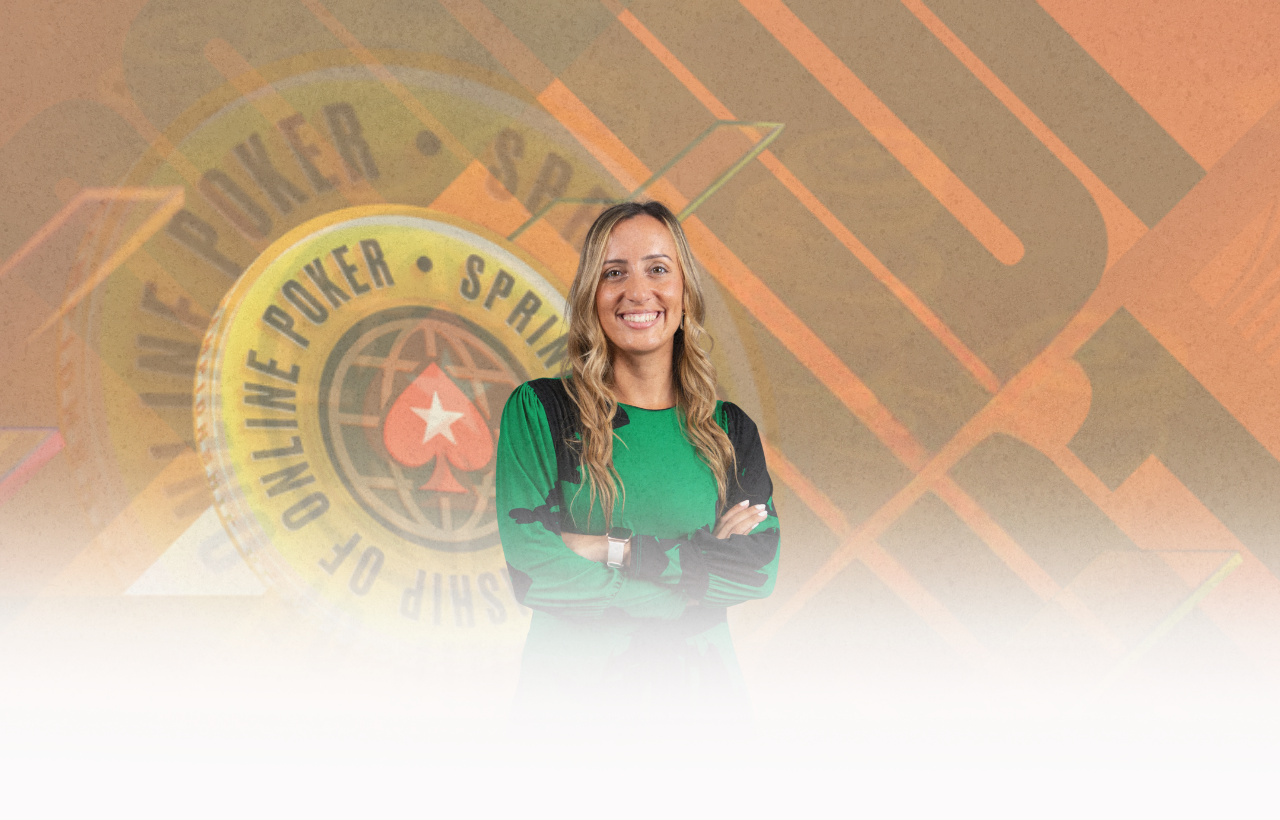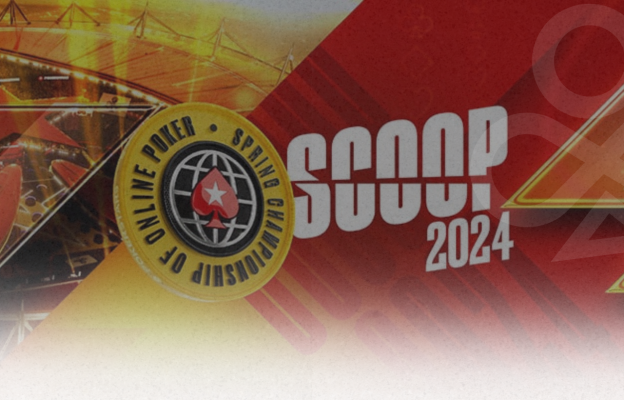Discover how to Boost Performance for the SCOOP 2024
24/04/2024

Polarize's psychologist, Dr. Inês Pereira, in the Webinar “Boosting my Performance” addressed a very important topic for all poker athletes - “How can I prepare for the SCOOP as an Olympic Athlete?” and find out how to boost your performance for the SCOOP 2024.
Polarize athletes can review the recording of this webinar here.
The series season is very important in the athletes' careers. The most prestigious competitions take place twice a year, where players compete for big prize money and the opportunity to win a title. These factors, combined with greater media coverage, public exposure, and the creation of expectations on the part of teammates, family members and themselves, lead to increased pressure for favorable results!
Self-analysis Pre-Scoop
Here are 3 questions for you to answer:
- Why do I play the SCOOP?
- (If applicable) What prevented me from performing well in the series in the past?
- What do I remember as my best performance in competition?
After this self-analysis, you're ready to follow Inês' advice!
Anticipating demands
First of all, you need to take precautions and anticipate all the demands that this season brings.
- Prepare my schedule
- Preparing working days, days off and other activities
- Create realistic expectations
- Adapting routines to the context
- Anticipate possible interference (pe.: problems that may arise)
Physical preparation: body and mind
- Sleep
- Food
- Physical exercise
Attention: Don't make sudden changes to routines
Routines - Adapting routines
- Pre-session
- During the session
- Post-session
Pre-competitive routines promote “flow”
Identify optimal operating zones (flow, A-game) and how to reach them
- Stay focused: controlling external stimuli (e.g. social networks)
- Organization of working space: water, light, tidiness, comfort, noise, eliminating external distractions, solutions to unforeseen problems, etc.
- Organize meals before starting work: beginning of the day or beginning of the week.
- Don't neglect the individual warm-up: find out what you want to focus on in your game.
- Have your day and free time planned: how are you going to break the monotony and promote your well-being? leave everything planned.
Pre-grind Routine Examples
Routines during the competition
Intervals
Coach Nélio Relva has an article on what you can do during the breaks at Pokerstars' biggest annual series of online poker tournaments - What to do during SCOOP breaks? 6 tips from Nélio.
- Lift
- Physiological needs
- When you feel sleepy: mobility exercises, washing your face with cold water, getting some air...
- Relax if necessary: relaxation, stretching with a focus on breathing, 30 seconds of quiet breathing
- etc.
Post-grind routines
Ou seja, deves fazer uma avaliação semanal das tuas rotinas adoptadas. Por exemplo, tenta entender o que correu bem durante a semana, o que precisas de melhorar, como esteve o teu mindset, if you managed to fulfill the objectives, etc. Finally, you should adapt your routine if necessary.
Examples of post-grind routines
Attentional Focus
Self-regulation processes, at a cognitive, emotional and attentional level, are fundamental to achieving excellence, and several authors have stated that 1 consider that selective attention is the most important aspect due to its influence on the other self-control domains.
Have you read the article Poker 2023 - 5 tips to stop procrastinating?
Portanto, o attentional control is one of these processes. Attention is fundamental to learning techniques, as it allows for the creation and development of cognitive representations.
- Register (in cool down): what thoughts did you have during the day? Record thoughts, feelings and bodily sensations
- Release: accept thoughts and emotions, create distance from them (observing with distance is often enough)
- “Refocus": in the objectives of the game, remembering the values that were set (wanting to be a professional, for example)
If you fail to prepare, you’ve prepared to fail!
I cannot remind you enough that it is important to look at the series with lightness, tranquility and enthusiasm. In other words, focus on what you can control, stick to your routine and don't forget to take care of your body and mind every day!
This content is part of the Polarize Exclusive Webinar for Athletes.
Sources:
1 Englert, C., & Bertrams, A. (2012). Anxiety, ego depletion, and sports performance. Journal of Sport & Exercise Psychology, 34, 580–599.
Englert, C., & Bertrams, A. (2015). Integrating attentional control theory and the strength model of self-control. Frontiers in Psychology, 6, 1-6. doi: 10.3389/fpsyg.2015.00824
Englert, C., Bertrams, A., Furley, P., & Oudejans, R. R. D. (2015). Is ego depletion associated with increased distractibility? Results from a basketball free throw task. Psychology of Sport and Exercise, 18, 26–31. doi:10.1016/j.psychsport.2014.12.001
Englert, C., Zwemmer, K., Bertrams, A., & Oudejans, R. R. D. (2015). Ego depletion and attention regulation under pressure: Is a temporary loss of self-control strength indeed related to impaired attention regulation? Journal of Sport & Exercise Psychology, 37, 127–137. doi:10.1123/jsep.2014-0219



Comments